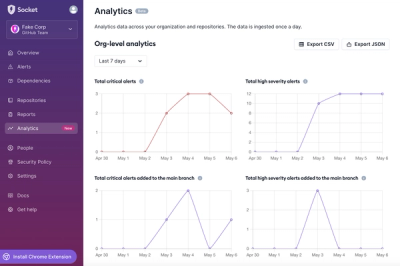Shopify OAuth Redirect



Create a redirect response to Shopify OAuth.
const shopifyOauthRedirect = require('shopify-express-oauth-redirect');
app.get('/auth/shopify', (req, res, next) => {
if (!req.query.shop) {
return res.send('Provide "shop" query parameter.');
}
const redirectResponse = shopifyOauthRedirect({
shopHostname: req.query.shop,
shopifyApiKey: SHOPIFY_API_KEY,
scopes: ['write_products', 'read_orders'],
callbackUrl: 'https://example.com/auth/shopify/callback'
});
res.send(redirectResponse);
});
Why not res.redirect?
res.redirect sends a HTTP 302 redirect. This is not enough because when the app is in the Shopify EASDK iframe, the 302 won't escape out of the iframe.
Instead, this technique sends a full response containing javascript which redirects the browser's top frame, or sends a message to the EASDK to trigger the top frame reload.
Special case using postMessage in the EASDK frame
Current versions of Chrome block third-party redirects of the top frame. This means that simply redirecting the location of the top frame no longer works.
This module implements a workaround in the EASDK using a postMessage call to the top frame, which then makes the top frame perform the redirect. This solves the problem.
What does the redirect body look like?
See the body of the response in this file: create-redirect-body.js
Reference
shopifyOauthRedirect(options);
options: an object of options as follows:
callbackUrl: (string) the OAuth callback redirect URL. Must be an allowed OAuth redirect, which means it must be whitelisted in your Shopify app settings.shopifyApiKey: (string) the Shopify API key for OAuth (also known as the Client ID).scopes: (string | array) an array of strings or a comma-delimited string which describes the OAuth permission scopes.shopHostname (string) The myshopify.com hostname of the shop, such as my-store.myshopify.com.







